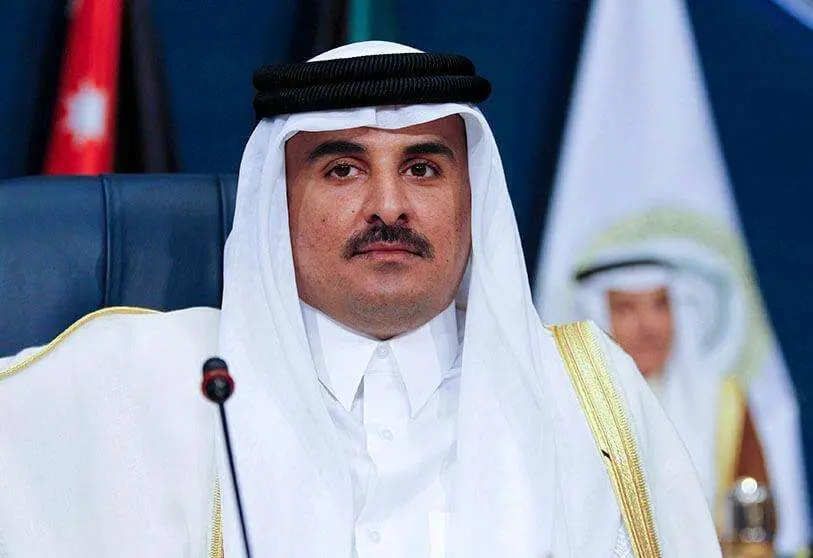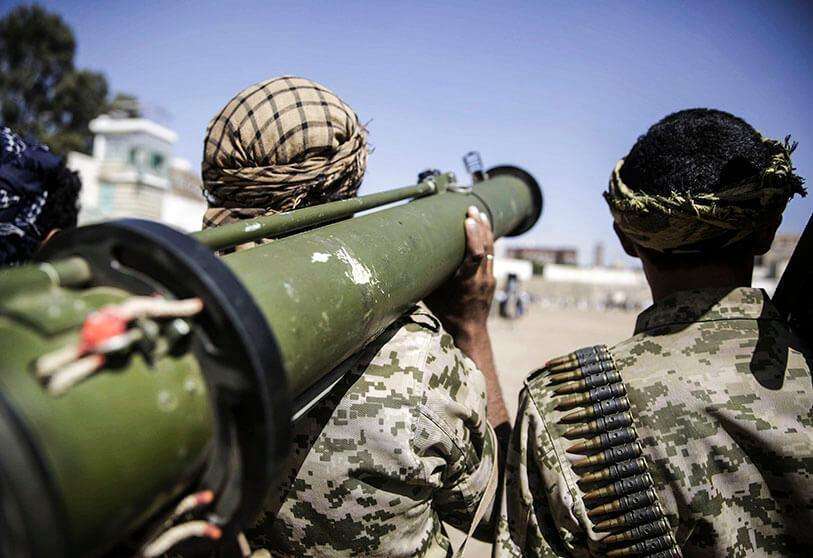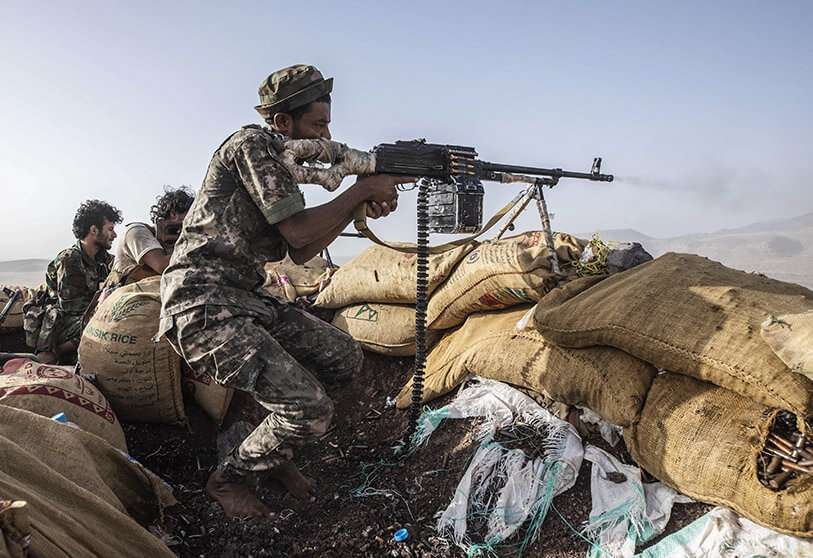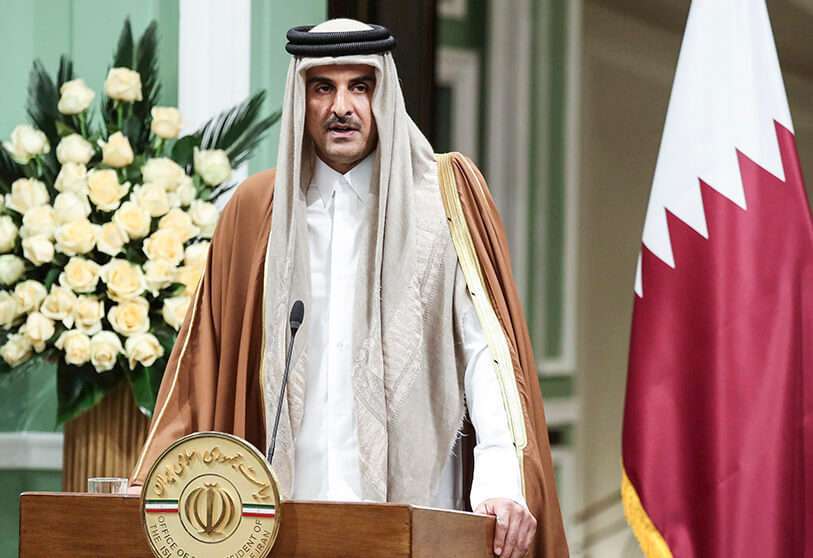Qatar reinforces its position on the Houthi side of the Yemen war

The inclemency that pervades the atmosphere of Yemen's war is doubly cruel. Not only is it the most serious humanitarian catastrophe since the end of World War II, which led to the creation of the United Nations. It is also a conflict forgotten by the Western world. Not by the world's most powerful countries, whose interest in a strategically key region conditions their intervention in Yemeni territory, but by the international community in its most humane faction. The longevity of the conflict means that a war that continues to fill new pages in the bloodiest book of Yemen's history is being set aside.
This time it is Qatar that has sat down to write a new chapter in the conflict, renewing and increasing its support for the Houthi militias, which are also backed by the Iranian regime. The Saudi-led Arab coalition now sees a more powerful enemy after statements by Ahmed Obaid bin Dagher, former Yemeni prime minister and current president of the Shura Council, which, following his visit to Doha, hint at a change in the stance of some of those who formed part of the government led by the internationally recognised president, Abd Rabbuh Mansur al-Hadi, according to sources informed by the media "Al-Arab".

"Things are clearer now. The military campaign has reached a dead end and is expected to be declared a failure," Dagher said on his Twitter account, referring to the Saudi intervention in the conflict. These words have been applauded by the spokesman for the organisation considered terrorist by the United States, Ansarullah, Mohammed Abdul-Salam. He, who is also head of the Houthi negotiating delegation, responded via the same social network that "from the beginning of the Saudi-led aggression we were quite sure that it was doomed to failure", adding that "the invasion is not only perverse, but will also make use of proxies to achieve its own objectives".

The danger of this outpouring of messages on Twitter points directly to a single actor that could be behind these moves against the Riyadh-led coalition. The visit to Doha by senior Yemeni officials coincides with the Yemeni foreign minister's appearance on the Qatari channel Al Jazeera, where he gave an interview that observers say is anything but favourable to a solution in which Saudi Arabia and the international coalition are present.
The complications that may arise from these statements go even further. Sources close to the conflict claim that the words of the president of the Shura Council may have been drafted directly from Doha, taking advantage of the resumption of Qatari activity on Yemeni territory. Qatar is preparing to establish a new political front in opposition to the Arab coalition by seeking reconciliation with the Houthis. These moves have reportedly attracted some of the most prominent figures on the Yemeni political scene, such as former Interior Minister Ahmed Al-Maisari, Deputy Speaker of Parliament Abdulaziz Jabari and the current president of the Shura Council, Ahmed Obaid bin Dagher.

Izzat Mustafa, director of the Phanar Center for Policy Research, made a statement to "Al-Arab" in which he pointed a direct finger at these politicians who, according to him, have never had a real interest in the resolution of the conflict as their decisions were part of "a personal ambition not committed [to the people of Yemen]". Mustafa claims that Bin Dagher and Jabari have been working for the past few years on behalf of the Muslim Brotherhood, also considered, like Ansarullah, as a terrorist organisation by several countries and even the European Union.

Qatar's return to the scene has not come suddenly. Doha has been working for months on its rapprochement with Yemen's top leaders and the entire governmental structure to win over supporters in a new attempt to bring a conflict in which the Houthis were losing more and more of their impact to its own territory. The scarcity of forces in the militia, as well as the latest defeats against the international coalition, have been weakening the insurgent position, which now has an ally with renewed strength and an influence in the territory that is increasingly worrying for the international community's intentions for peace and, above all, for the security of the Yemeni people.








